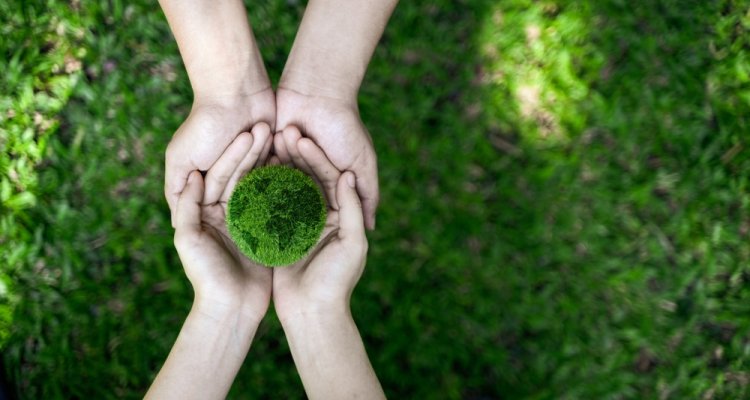
Promotie
Richting een Eerste filosofie van de Biobased Economie
Summary
The current situation of the climate crisis necessitates the formulation of an adequate counter-strategy. The Bio-Based Economy is the main strategy in Europe. Its name suggests the BBE aims to establish an economic system that functions similarly to biological processes. In reality, however, it turns out this approach is not yet a clear route to sustainability. In this dissertation, the BBE is explored from a philosophical perspective, analysing its core concepts of ecology, economy, humanity and technology. As these concepts and their relationships are not clear in the current model of the BBE, we critically assess them and suggest alternative conceptualisations from the philosophical tradition. The dissertation argues that humanity has an ambivalent relation with the biosphere, both depending on it for survival and destroying it through consumption. This contradictory relationship is exposed in BBE policies, which still prioritize economic growth over sustainability. The system is diagnosed as being dominated by an ecomodernist discourse and the suggest that a transition to a sustainable system requires critical evaluation of this paradigm. The theory of the libidinal economy is used to suggest that the mode of human existence itself would require adaptation if long-term sustainability is to be achieved. The dissertation defends the hypothesis that adding an existential dimension to the conceptualization of a successful bioeconomy offers a third option in the classification of types of bioeconomy, which must be explored if a true solution to the problem of energy in the BBE is ever to be conceived of.